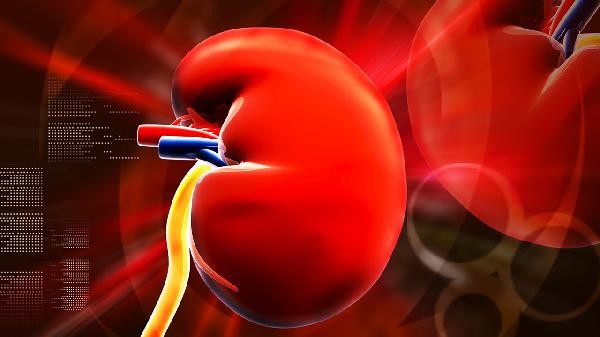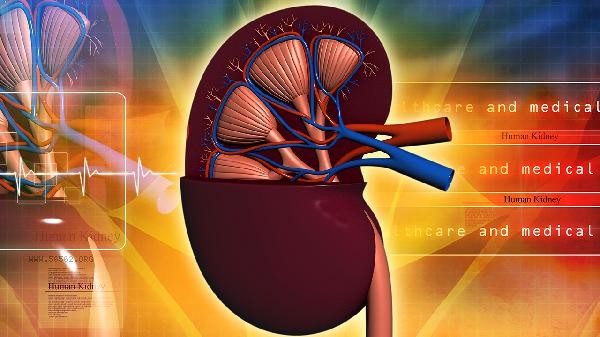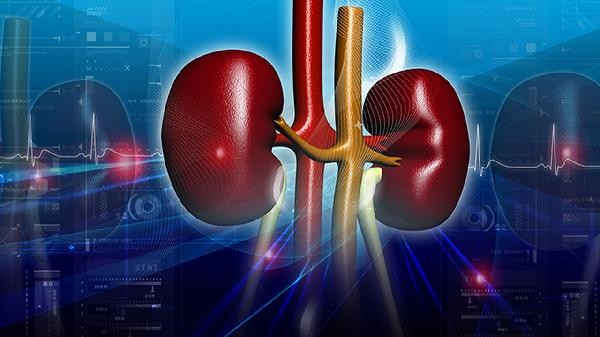Low creatinine in renal function tests is usually caused by insufficient protein intake, decreased muscle mass, physiological changes during pregnancy, abnormal liver function, or hyperthyroidism. Creatinine is a muscle metabolite, and its level is influenced by muscle mass, metabolic rate, and renal excretion function.

1. Protein deficiency:
Long term low protein diet or malnutrition can lead to a decrease in creatinine production. Creatinine is mainly produced by the metabolism of phosphocreatine in muscles. When protein intake is insufficient, muscle synthesis is limited, creatine reserves decrease, and blood creatinine levels decrease. Vegetarians, dieting individuals, or patients with digestive and absorption disorders should pay attention to balanced supplementation of high-quality proteins such as beans, eggs, and milk.
2. Decreased muscle mass:
Elderly people, long-term bedridden patients, or patients with muscle atrophy diseases may have low creatinine levels. Muscle tissue is the main source of creatinine, and a decrease in muscle volume can lead to a decrease in creatinine production. Progressive muscular dystrophy, polymyositis, and other diseases can be accompanied by decreased muscle strength and creatinine levels.
3. Pregnancy Physiology:

Pregnant women's blood creatinine levels often decrease by 20% -30% compared to before pregnancy. The increase in blood volume during pregnancy leads to blood dilution, while the compensatory increase in glomerular filtration rate is 40% -50%, and creatinine excretion is accelerated. This physiological change often returns to normal after 6 weeks postpartum and needs to be differentiated from pathological causes.
4. Liver disease:
Severe liver disease can affect creatine precursor synthesis. The liver is an important organ for synthesizing creatine. Diseases such as cirrhosis and hepatitis can lead to a decrease in creatine synthesis, which in turn can cause a decrease in creatinine levels. These patients often have liver function abnormalities such as elevated transaminase levels and decreased albumin levels.
5. Effects of hyperthyroidism:
Hyperthyroidism accelerates creatinine metabolism. Patients with hyperthyroidism have an increased basal metabolic rate, accelerated muscle protein breakdown, and increased creatinine production and excretion, which may result in low creatinine levels. Simultaneously accompanied by typical symptoms such as palpitations, excessive sweating, and weight loss. When low creatinine is found, a comprehensive judgment should be made based on dietary history, exercise habits, and accompanying symptoms. It is recommended to increase moderate resistance training to maintain muscle mass, ensuring a daily protein intake of 1-1.5 grams per kilogram of body weight, and prioritizing easily absorbable proteins such as fish and lean meat. Regularly review kidney function, thyroid function, and liver function indicators to rule out potential diseases such as hyperthyroidism or liver disease. Pregnant women and elderly people with mild low creatinine levels usually do not require special intervention unless there are other abnormalities.










Comments (0)
Leave a Comment
No comments yet
Be the first to share your thoughts!